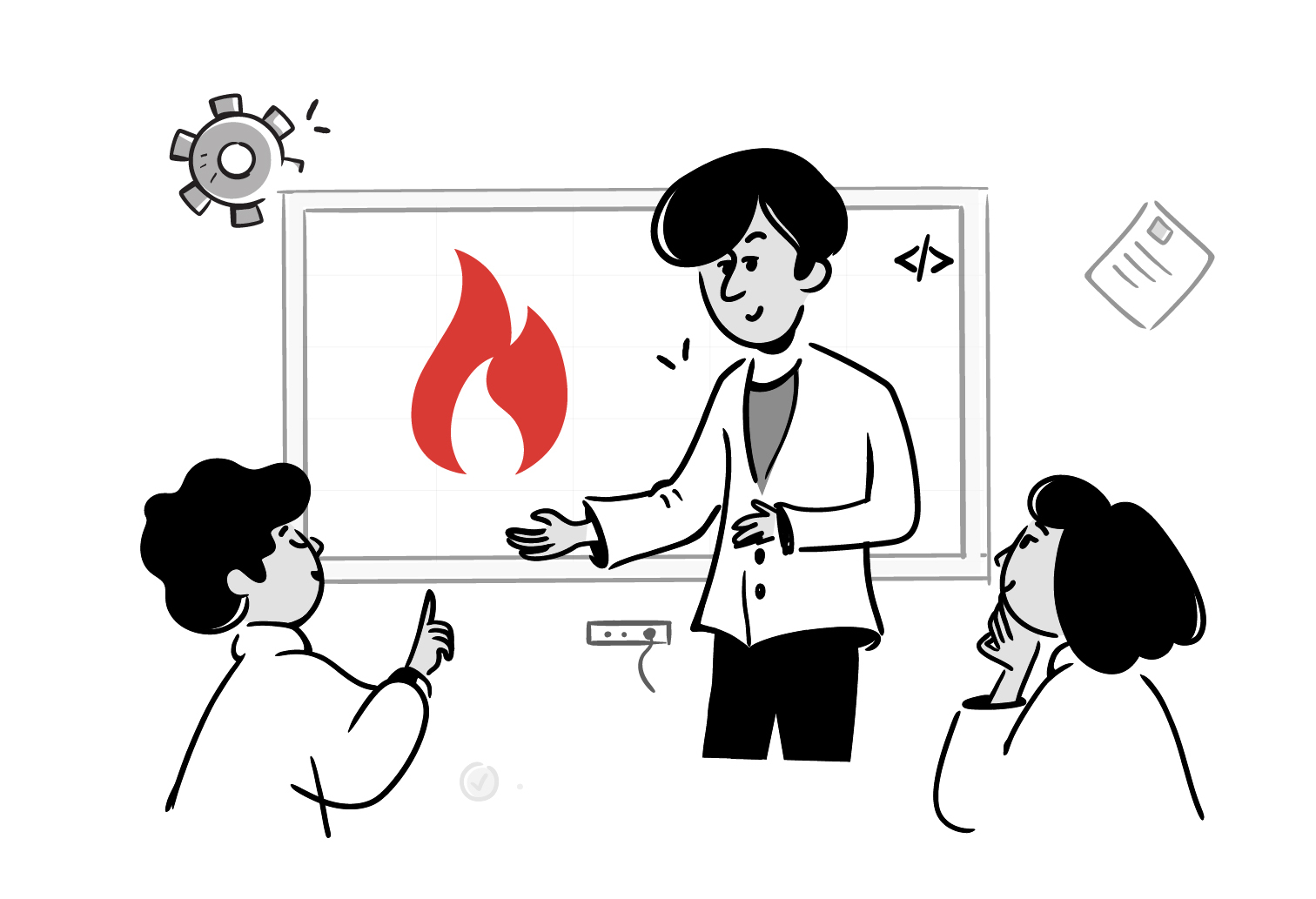How Does the FHIR REST API Work?
A recap of HTTP
HTTP or Hypertext Transfer Protocol is a set of rules used for exchanging information over the internet.

When you visit a website, your browser communicates with the server that hosts this website via HTTP. Your browser sends a request, and the server responds with the data needed to display the page. For example, when you view a website, the browser performs a GET request, and when you submit a form, it would be a POST request. GET and POST are HTTP verbs that indicate what action to perform.
The request is usually in the form VERB URL, where the URL carries information like protocol, path, query parameters, etc.
For example,
GET https://website.com/pathThis type of request is a very powerful way to interact with a server and to perform essential functions such as Create, Read, Update, Delete operations, also known as CRUD Operations.
REST or Representational State Transfer is an architectural style to design interconnected systems that is based on HTTP. A system that implements REST would use REST APIs to allow clients to communicate with it.
What about FHIR?
A FHIR Server works in exactly the same way,and its RESTful APIs are a key part of the FHIR ecosystem. A FHIR server will be identified by a base URL, and every Resource on the server will be represented by a URL.
FHIR Servers can choose which interactions they support, and must provide a Capability Statement that specifies it.
Interactions are defined as follows,
VERB [base-url]/[type]/[id] {?_format=[mime-type]}
Where,
base-url: The FHIR server URLtype: The resource name, e.g. “Patient”id: The logical identifier of a resourcemime-type: The media type of a resource, e.g.application/fhir+xml,application/fhir+jsonorapplication/fhir+turtle
For example,
GET https://server.com/fhir/Patientwhere the base URL is server.com/fhir and the resource we are accessing is Patient.
Download Postman to try it yourself
https://www.postman.com/downloads
For this module, I highly recommend downloading the local version of Postman. If using the web version, you’ll have to install their extension to avoid rate limits and access localhost.
FHIR Test Servers
Here are the FHIR test servers you can use
- Medblocks Student Server:
http://fhir-bootcamp.medblocks.com/fhir - HAPI FHIR R4:
https://hapi.fhir.org/baseR4
Try it yourself
For example, to view all patients on the FHIR server, you can visit the same URL with ‘/Patient/’ appended, https://fhir-bootcamp.medblocks.com/fhir/Patient/.
